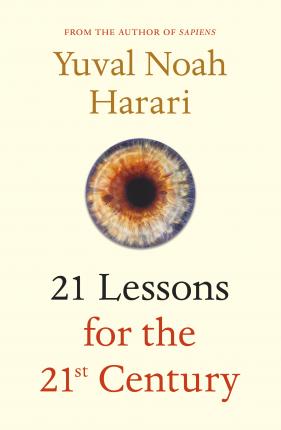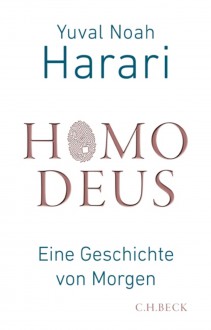
For familiar friends, Harari is on his usual, brilliant form. If you have yet to hear of Yuval Noah Harari, his latest book is an excellent introduction. With an eclectic array of topics in 21 Lessons (2018) (1), Harari has presented a volume that geographers can dip in and out of for insight on politics, climate change, and economics.
His previous books first traced the consequences of humankind’s abrupt evolution in cognitive abilities (Sapiens, 2014) (2), and second how technology will be woven with the human body in a number of ways, creating mechanical-organic cyborgs with extended lifetimes (History of Tomorrow, 2017) (3).
His latest, 21 Lessons, does not disappoint the following Harari has gained from his previous works. Harari surveys our current global political situation and does something rather interesting; from a geopolitical perspective, he scales it right back down to the body. He places focus on the individual body and reminds us we are more than our pigment, flesh, or clothing but we are a biological machine of neuro-chemical-hormone interactions. Simply put, one of the things I find that Harari wants to talk about is emotion and affect.
More absurd political events, more breath-taking technologies, and more devastating climatic events are inevitable in the coming decades. Harari leads us through his chapters at a breathless pace, offering topic after topic but coming back to the same point: if we don’t take the time to care for our bodies, our minds, our souls, we will fall victim to the insidious mechanisms of power. We cannot care for our families, we cannot write our books or work our hours, and we cannot solve the problems of tomorrow if we do not scale our priorities back to the layers beneath our skin.
I, for one, am inspired to take Harari’s 21 Lessons for the 21st Century advice to meditate and see if I am any more insulated from powers’ ambitions to influence my mind.


 Log in with Facebook
Log in with Facebook 








